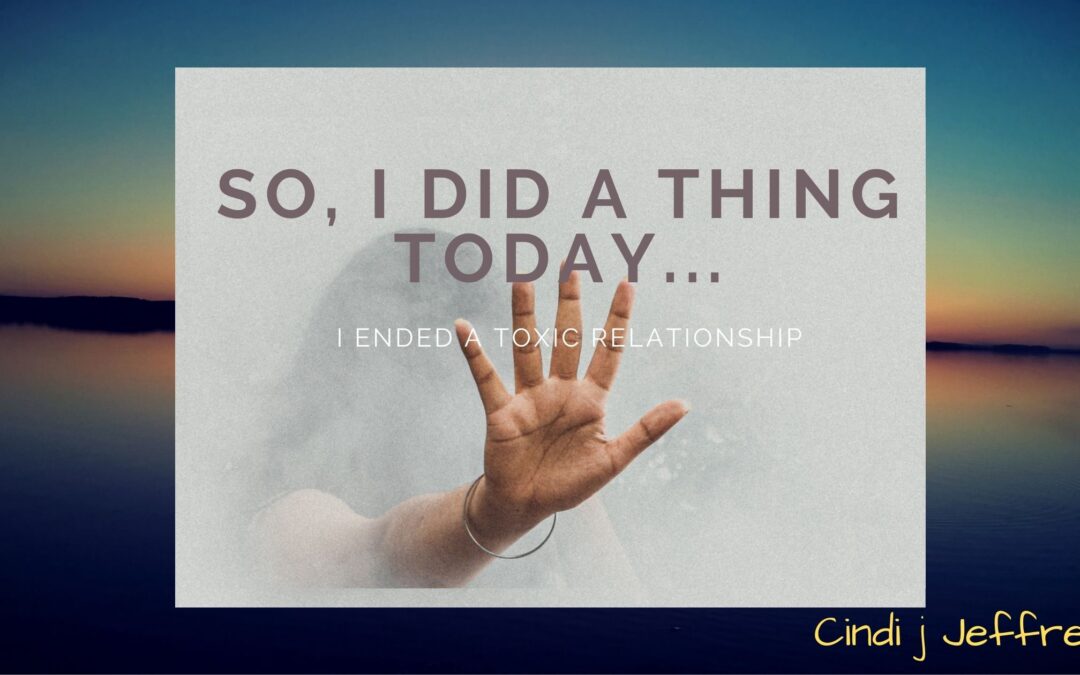
by Cindi j Jeffrey | Jul 14, 2021 | Depression, Fear, Inspiration, mental health, motivation, self-care, Wellness
Toxic…
It seems that everywhere you look, there is more and more information of what it means to be toxic. There are toxic relationships, toxic chemicals, toxic words. But where did this stem from? Is it abuse? Is it awareness of negative interactions? Or does it stem from our movement toward self awareness?
The very word is defined as: “extremely harsh, malicious, or harmful“, which in itself is a tad harsh. The word itself can leave a metallic and negative taste in my mouth. You know that coppery taste that occurs when you put a penny on your tongue (don’t ask).
The analysis
So I decided to do a thing. An experiment of sorts. As a therapist, I thought I could benefit from taking a peek at my own life, rather than identifying patterns in other people’s lives. After all, it is always easier to focus of someone else, rather than ourself.
So I took a look at where the negativity was coming from in my life. A cold…hard…honest look. And as I looked around the people in my life, and the conversations we have had, I realized the negativity and toxic comments were not coming from them…they were coming from me.
WTF?
Right? How can that be? I can recount multiple conversations where someone said something negative to me and I felt absolutely founded in adding those comments up to use against them. However, when I later replayed them in my head without an agenda, I realized those people were not attacking me, per se, they were being honest and I was not ready to hear what they had to say.
Big difference.
So what do you do when YOU are the one saying those negative things to yourself?
The outcome
Honestly, I was avoiding what anyone had to say because I didn’t want to hear it; and subconsciously, I was blaming my reactions on their words…which is a fricken cop out. I am a grown woman. At some point the competition, the reactions, the power of others needs to stop.
People absolutely have a right to their thoughts and their words...and so do you. You also have a right to how you respond to those words and actions. You can personalize them. You can take them to heart. You can be pissed and feel violated. But at the end of the day? Do those words really matter? If they do, we need to work on strengthening your skin. Because, they are not living your life, nor do they experience what you experience on a daily basis. So stop giving them power over your response.
In many instances, your reactive response, validates their negative thinking. So stop doing that.
And stop reacting to your own negative thoughts. Stop listening to those wicked old tapes that are lying to you. Furthermore, stop lying to yourself.
The break up with my toxic self
After doing some deep thinking and fricken tough analysis, I decided a break up is in order. Not with the other naysayers, but with myself.
If I can’t love myself, how can I possibly expect to spread love to others?
Furthermore, if I continue to put conditions upon my own worth, how can I realistically love others unconditionally?
The truth is this: I can’t.
There is no fricken way I can love others the way they deserve to be loved if I can’t overlook my own perceived flaws. You know what I am talking about…if I don’t fit into the way society thinks I should look or act, how can I expect others to love me? But you know what? They do…and I decided that I am going to love myself also…perceived flaws and all.
Because here’s the thing. This mind and this body have been through the ringer and come out the other side. Not necessarily unscathed, but whole…and stronger for the experiences. Those times may have drained the life blood out of me, but I am still here, (Thank you Lord) and I believe there is a reason.
So I have decided to break up with my toxic self. I also know there will be times where I regress and fall back to those old tapes…but there will be times when I fucken shine. I will share my story and give hope to others who are still hiding in the shadows. I envision a time when we all shine, my friends.
Own it.
Live it.
Love yourself…You are worthy.

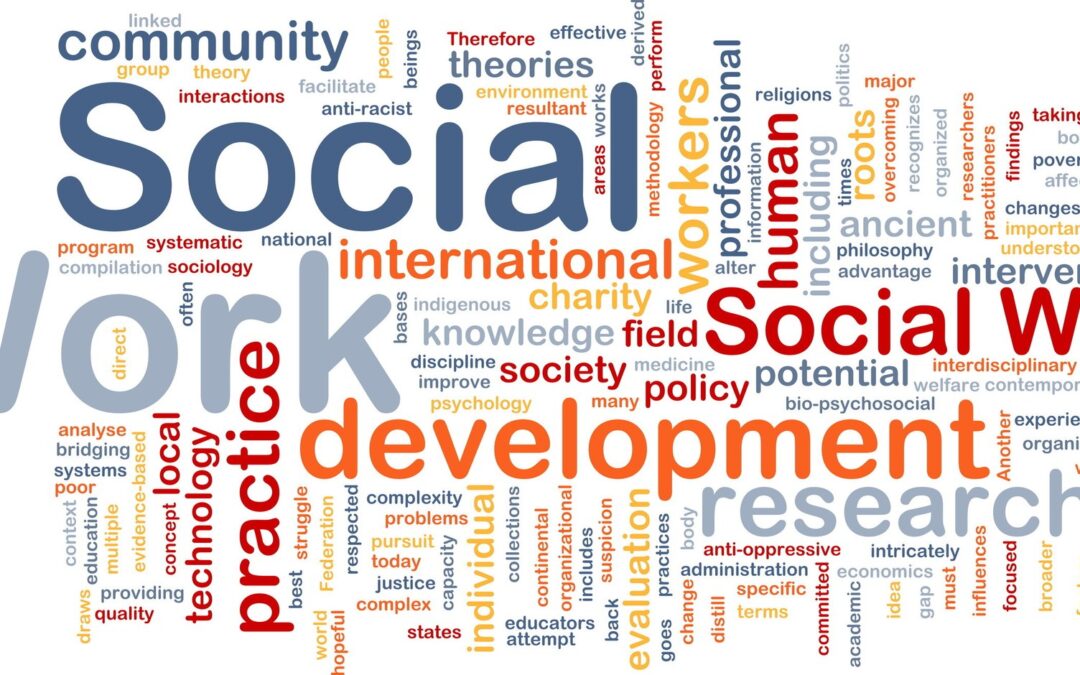
by Cindi j Jeffrey | Feb 14, 2021 | Inspiration, mental health, Relationships, social media
Idealism in Social Work
I found a paper I had written for my undergraduate social work degree. In it, I alluded to the fact that I wanted to change the world. My idealism was prolific throughout the paper; however, my vision of how I fit into the world may have been a tad skewed.
Interestingly, I am not the same professional in social work that I was when I began this journey many decades ago. Furthermore, I am not the same person. Personal experiences, professional encounters, and traumatic cases have provided me with a new outlook on how I view our profession. Looking back at the time that paper was written is almost embarrassing. I wonder if I truly helped my client’s or rendered them dependent upon me.
Social Work Goals
As a social worker, I have always made it a point to be more personable and open. I worked hard to break the stereotypical vision that most people appeared to have of the white gloved woman going through your house and looking for things you have done wrong. I focused on what was going right and after I earned some trust, we could go into what wasn’t working so well.
There is such a fine line between enabling and empowering our clients and that line is often drawn in the sand. Additionally, that line appears to be always moving and being redrawn. As a young social worker, my goal was to “fix” everyone and every situation I was called into. I didn’t want anyone to suffer, nor did I feel accomplished unless a problem was solved. Only once the issue was taken care of, was I comfortable leaving the people involved.
Enabling or Empowering?
As the years progressed and I gained more experience, I learned how damaging enabling a client can actually be. While in the short-term those identified problems may have been taken care of, there were no skills learned by the client during that process. Once I was removed from the case, the same issues were likely to return, leaving the client in the same situation as they were when I entered.
Listen, I get it. It feels good to help. It feels good to be needed. However, when we solve every problem for our client, we are meeting OUR needs, not theirs. The client may be grateful and express themselves as such, but who did we actually help? Who’s needs were fulfilled?
In social work, our jobs can be diverse. Many of us went into the field because of our personal experiences and many of us are very good at what we do. At some point in our career, there must be a defining moment where we see the clarity of our responsibilities. If we are continuously enabling our clients, we are not working for them, we are working to meet our own needs.
Check Yourself as a social worker
It is our responsibility to draw that line in the sand. We are the social work professionals. We were brought in to meet the needs of a client, not meet our own needs. It is our job to continuously monitor ourselves so we can meet the needs of our client’s. It is our job to empower our individual client’s in order they do not need us anymore. And don’t forget to take care of you, my friend.
by Cindi j Jeffrey | Jan 24, 2021 | Depression, Fear, mental health, self-care, Wellness
Anxiety, let’s call it what it is
At some point it is easier to stop fighting and embrace the chaos in your mind while ignoring any goals and dreams you may have once had.
Looking back…
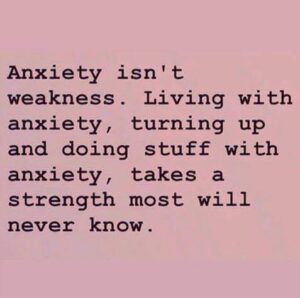 As a child, I was an A student, overachiever and fairly good athlete. Looking back, I was the annoying kid who asked for more homework and was always getting my poems placed on the classroom walls. I enjoyed climbing trees, playing rough and pushing my boundaries. Looking at me from afar, you would never guess that I struggled with severe anxiety.
As a child, I was an A student, overachiever and fairly good athlete. Looking back, I was the annoying kid who asked for more homework and was always getting my poems placed on the classroom walls. I enjoyed climbing trees, playing rough and pushing my boundaries. Looking at me from afar, you would never guess that I struggled with severe anxiety.
In first grade, my class was taking a field trip to the local hospital and I cried and cried because I didn’t want to go. At that same time, a classmates mom was dying of cancer and I associated that with the hospital, which in my mind told me I needed to stay away. Furthermore, I would become easily frustrated when I couldn’t do something well. I hated gym class and would often pretend I had a headache to get out of it.
When I began playing softball, I sucked. I struck out nearly every time and would cry when I got up to bat. Ironically, my cousin was the coach and he was absolutely amazing. He kept working with me, as did my brother and my dad and by the end of the season, this crybaby was hitting grand slams. The grown up version of me sees this behavior as a tad over the top. Essentially, if I couldn’t do something well, I didn’t want to do it al all. A tad extremist, right? The pressure wasn’t from my parents, it was totally internal. I was absolutely creating a messed up roadmap for my own personal expectations.
Generalized Anxiety is a real thing
Generalized Anxiety Disorder – People with generalized anxiety disorder (GAD) display excessive anxiety or worry, most days for at least 6 months, about a number of things such as personal health, work, social interactions, and everyday routine life circumstances. The fear and anxiety can cause significant problems in areas of their life, such as social interactions, school, and work. – National Institute of Mental Health.
The irony is that the majority of things worried about fail to come to fruition. People who have never experienced excessive worrying will often tell us to just stop thinking about it. And therein lies the problem, we simply cannot. The more we try to not think about something, the harder it works to stay up front and personal in our thoughts.
Not all in your head
I remember always being tired as a child. A childhood friend once made the comment, “my dad thinks you sleep too much.” Little did anyone know how exhausting my mind was. What they also didn’t realize is that our household was very chaotic and when my parents were fighting, there was very little sleep in our home. I’m pretty sure we were all tired quite a bit of the time.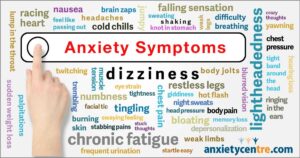
Physical manifestations of anxiety include:
- racing mind – thoughts that won’t stop.
- dizziness
- pounding heart
- racing heart
- feeling hot
- excessive sweating
- stomach problems
- emotional and psychical exhaustion
- multiple aches and pains
- unexplained symptoms with no underlying reason
- loss of appetite
- inability to catch your breathe
- inability to concentrate, or living in a fog.
Remember
This is a partial list as anxiety looks different on every person. Ironically, how you present can actually lead to more physical tests, which in turn increases your anxiety. While exact numbers are difficult to ascertain, it is estimated that 3.1 million people suffer from anxiety each year. The Anxiety and Depression Society of America also states that onset can be anytime between childhood and middle age. Hence, anyone can be diagnosed. The difference between exhibiting symptoms and received treatment is the ability to talk with a provider about your symptoms. Many people are unable or unwilling to do that.
Comorbidity leads to misdiagnosis
Conversely, many who seek treatment may be misdiagnosed. In addition, the comorbidity rate is unknown, however depression, panic disorders, and phobias often occurs simultaneously. As physical symptoms manifest, treatment may occur for the different symptoms, however often, that is just a bandaid on the overall problem. Once that physical symptom is taken care of, another will appear until the underlying issue is addressed.
However, I digress. There is enough information out in the World Wide Web to saturate your need for information. If you are reading this, you are more interested in my experience and my journey. It is in sharing that my wish is to provide you hope for your own experiences.
Give yourself Grace
Perhaps the one thing I have learned over this journey is to grant myself grace. I am my own worst enemy and can be terribly hard on myself when I spiral on this continuum. I am learning to stop, breathe, pray and move forward. Anxiety does not define me, nor does it define you. It takes courage to get up everyday and face your most critical thoughts. Love yourself, my friend. You are so much more than those thoughts lead you to think you are.
I’d love to hear your story. Email me @cindijjeffrey@gmail.com and let’s give hope to others. Remember, we are stronger together.
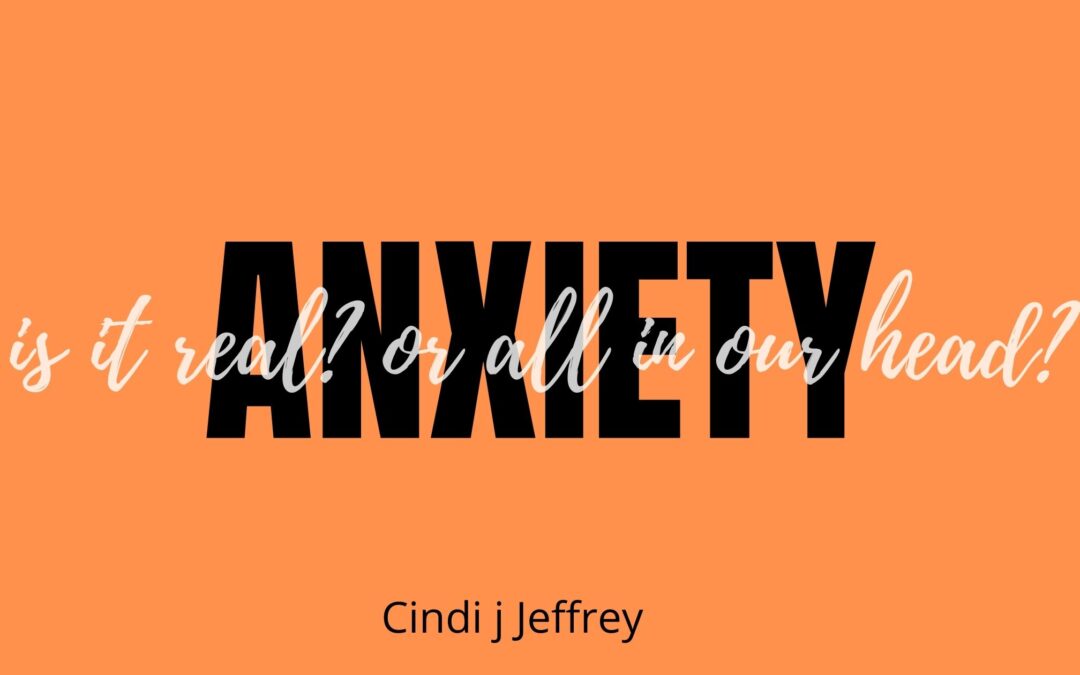
by Cindi j Jeffrey | Jan 9, 2021 | childhood, Depression, Fear, mental health, parenting, Relationships, school, self-care, Uncategorized, Wellness
Anxiety
Ugggg…what a fuckin nightmare. It is different for everyone, yet no one really understands what it is or where it comes from.
I have experienced anxiety since I was a little kid, however, I didn’t understand that was the underlying condition. 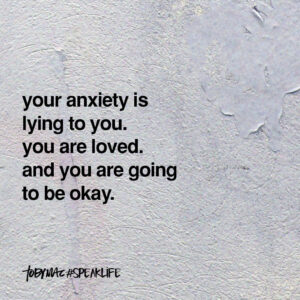 I could (and still can) rationalize it away. Like most kids, I would be afraid of what was under my bed, or what could be lurking in my closet. However, I took it a step further and began to unplug every electronic device in my room, so a fire would not emerge. Futhermore, I would be afraid when my brother ate alone, because I didn’t want him to choke. Additionally, there were days I went without eating because I was sure I had a lump in my throat. It took the doctor telling me I was fine before I ate some real food (therapist friends, analyze that one, I have).
I could (and still can) rationalize it away. Like most kids, I would be afraid of what was under my bed, or what could be lurking in my closet. However, I took it a step further and began to unplug every electronic device in my room, so a fire would not emerge. Futhermore, I would be afraid when my brother ate alone, because I didn’t want him to choke. Additionally, there were days I went without eating because I was sure I had a lump in my throat. It took the doctor telling me I was fine before I ate some real food (therapist friends, analyze that one, I have).
What you see is not what is happening
Perhaps the biggest and most creative thing I pulled off was the following: One day I was playing in our attic, (which also kind of became a toy room, as it was a small room off directly off of my bedroom)…I discovered we had rat poison in there and I freaked out. From that point on, I would not touch anything from the attic as I associated it with that poison and was terrified I would become poisoned. I associated the rat poison with harm to my own person.
Eventually, this manifested into me my touching my food and I even made a game at the school lunch table…I wanted to see who could eat without touching their food. I can’t remember how long this went on, but even as an adult, I can remember how strong those feelings were and how I was sure something bad would happen if I couldn’t control my surroundings. Side-note: I am pretty sure I never stepped foot in in that attic again.
Control
Often, anxiety stems from a lack of control of your world. It’s no secret that life is chaotic and as a child who needed structure, I began to internalize my anxiety, often leading to racing thoughts and dysfunctional though patterns. I would begin to doubt my worthiness, or I would begin to exhibit Obsessive Compulsive Disorder behaviors. I wondered why God didn’t love me enough to protect me from the things that were happening around me.
As I grew into a teenager, those OCD behaviors manifested. I would draw crosses on my homework, or I would feel the need to avoid certain foods, drinks, or places for fear of something bad happening to me. Little did I understand that I was creating my own little world of negative thinking and fearfulness.
I was typically home alone from the time I got home from school (when I attended) to when I went to bed, leading me to be terrified of something happening. To ensure I would know if anyone ever entered my home and to feed into my OCD, I would place all of our throw rugs a certain way. If they had been moved, I would know someone had entered my home. I remember one day I arrived home from work and saw the first rug scattered by the front door…as I walked trepidisciously through the large, two story home, each rug was moved…I was so fricken terrified that I ran out the front door, only to discover, my best friends parked down the street laughing at me.
Understanding Anxiety
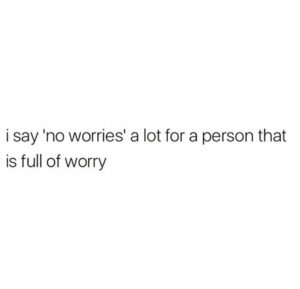 I knew my brain was wired differently, I just didn’t know how to handle it. I did the best I could to control those thoughts, but it was exhausting. This once A student and pretty good athlete began to fail classes and lose interest in sports. I began to self medicate with alcohol as it would numb my senses. I slept more. The cycle began and contrary to my own interference, the guilt, self loathing and anxiety continued to increase.
I knew my brain was wired differently, I just didn’t know how to handle it. I did the best I could to control those thoughts, but it was exhausting. This once A student and pretty good athlete began to fail classes and lose interest in sports. I began to self medicate with alcohol as it would numb my senses. I slept more. The cycle began and contrary to my own interference, the guilt, self loathing and anxiety continued to increase.
Looking back, the adult me wants to hug the child me so tightly that little me understands she is not alone. This was during a time period when my parents were either working or not home and my brother was trying to figure out his next chapter. I was the lost child. The one that drifted just under the radar and did enough positive things to walk the line. I needed help, but even I couldn’t recognize that, nor could I ask for it. And when I did, or when it was offered, I was not the easiest patient to work with.
Anxiety looks different in everyone
The grown up me looks back and recognizes my delinquent behavior for what it was…anxiety and depression. I was begging for attention, regardless of positive or negative. My interactions with adults were minimal, as my dad worked nights and I didn’t live with my mom. My teachers saw very little of me, as I only attended school sporadically. When I was there, I was apathetic and/or disrespectful.
There is a saying “All it takes is one person to believe in a child for them to be successful.” Fortunately for me, I had a teacher and an associate principal who both saw past my emotional walls and believed in me. I pushed them away and I definitely tried to maintain my boundaries, but they prevailed, and because of them, I did graduate from high school.
Adult versus child perceptions
Conversely, the other thing the grown up in me can see is that my parents were doing the best they could do. Divorce is devastating for all involved, no matter what steps brought a family to separate (I could write another piece on this). We can question the why’s and the why nots, but at the end of the day, we can’t change anything. It’s really fuckin hard to parent when you are struggling to take care of yourself, trust me, I know this for a fact.
Grant yourself GRACE, my friend. I am.
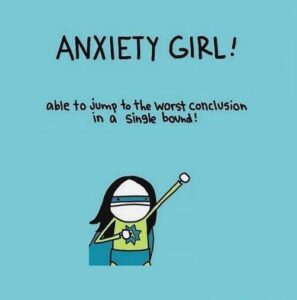
just call me, anxiety girl
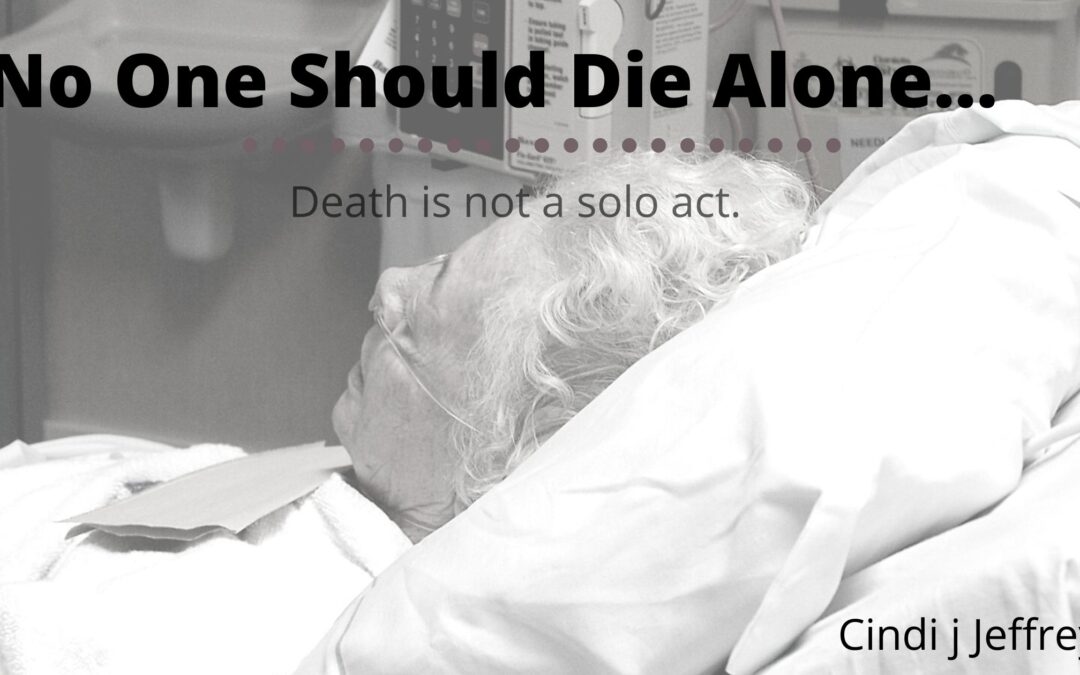
by Cindi j Jeffrey | Sep 25, 2020 | Death, Fear, grief, mental health
Trigger Warning, includes death
Seriously, this is one of the most difficult blog posts I have written. I have been thinking of it for some time and just have not been able to bring myself to actually articulate the words, let alone type them. However, this pandemic is seriously making me face some tough truths, none of which are exactly comfortable to acknowledge, especially when it comes to death.
I imagine the majority of you are being hit hard in at least one area of your life right now. Whether it be financially, physically, or within a relationship, none of us could ever have prepared for what our world would look like at this very moment. I can’t imagine any of us would have predicted this reality when the world shut down in March of 2020.
Impending Death
There are times when death sneaks up on us without warning. That was the case with my brother a few years back. Honestly, out of all of the people in my life, I truly thought he would be the one to outlive us all. He didn’t. Ironically, he had made plans ago meet us that next week. No one could have predicted his untimely and unexpected passing.
Other times you have warning. For instance, we knew my mom was ill, we just didn’t realize exactly how far she had declined. The last day we talked, I received a call a short time later, saying she was declining and she wanted me to make a decision about her being vented. I was so taken aback, after all, I had just chatted with her a few hours before. To this day, I remember hearing her in the background and begging me to help her make this decision.
So I asked if she was ready. She was changing her original decision of not prolonging her life (which is not uncommon). Than I asked who her Power of Attorney was (POA) and was told it was me.
Well fuck…
Keep in mind, this conversation as taking place in front of my boys’ school, as I picked them up for the day. I briefly remember asking one of my friends to take the boys until I completed the phone call. After all, illness doesn’t occur when it’s a convenient time.
She went on the vent
I knew from the moment she went on the vent that she would not come back to us. She was depressed, she was lonely and her body was failing. As her POA, I received countless updates and had unlimited decisions to make on her behalf throughout the next three days.
None of it was easy.
The only thing that was keeping her alive were medical interventions. I arrived three days later and on the drive, I received a panicked phone call from family, telling me she was declining fast. Consequently, I was unsure if I would reach the hospital before she passed away. With the help of my sister in law and my dad, I arrived at the hospital and incidentally, I had totally forgotten how to get there, even though that was my hometown.
Those last moments
It isn’t a secret that my mom and I had an adversarial relationship, but she was my mom. She gave birth to me. She fought her demons, but don’t we all? I wasn’t sure what to expect when I arrived, but for hours, my aunt, uncle and cousin and I sat around and told silly stories, which I am sure my mom listened to. While it was a shitty time to visit, we actually had a few laughs.
Then they all left and it was just me and mom. I pulled up a chair and sat by her bed and as the minutes ticked by, I watched her heart rate become sporadic. Her heart rate would dip and skip beats, before getting back into a rhythm. I watched her hands and feet turn dark. As medical personal stopped in to check on both of us, I sat in awe of her body shutting down.
I held her hand and played music that I haven’t listened to in year, cracking bad jokes because that’s what I do when I am uncomfortable. Of note, other than being with my pets when it was their time, I had never witnessed another living being shut down. It was painful. It was emotional, and it was so final.
A decision needed to be made
The next morning, I felt compelled to make a decision I did NOT want to make. However, watching her struggle was unfair and 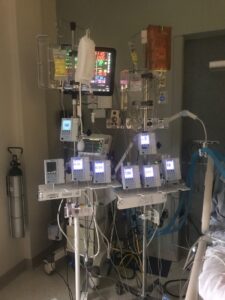 she had declared me as her decision maker. When I talked to the nurse, she knew enough about impending death that she told me it would be soon; as mom was already fading away from us.
she had declared me as her decision maker. When I talked to the nurse, she knew enough about impending death that she told me it would be soon; as mom was already fading away from us.
I made the calls and together with my aunt, cousin and family friend, we gave her permission to go. And as her heart rate faded away, we said our final goodbyes. There were so many mixed emotions at that time because while we knew it was in her best interest, it was so incredibly final.
Covid 19
My mom’s passing never quite goes away. Being with someone as they pass is both a privilege and a curse as it is beautiful and painful. My consciousness understand that she is no longer in pain and she is reunited with loved ones who were already gone, but my heart still holds on. It’s the what if’s that are haunting.
Covid 19 robs our current society of the ability to be with a loved one when that time comes. Our loved ones are forced to die alone, or with caretaker who are hidden behind protective gear. They don’t have someone there to guide them into the next life, nor can they hear the words of their family and friends, telling them it is ok to go.
Covid 19 is a cruel their who is robbing us of what makes us humans…the ability to touch, to psychically connect and to provide comfort when it is most needed. My heart is breaking for the patients who have or will succumb and the staff members who do their best to accommodate their needs.
For once, I have no advice or motivational words. This just fuckin sucks.Take care of you, my friend.
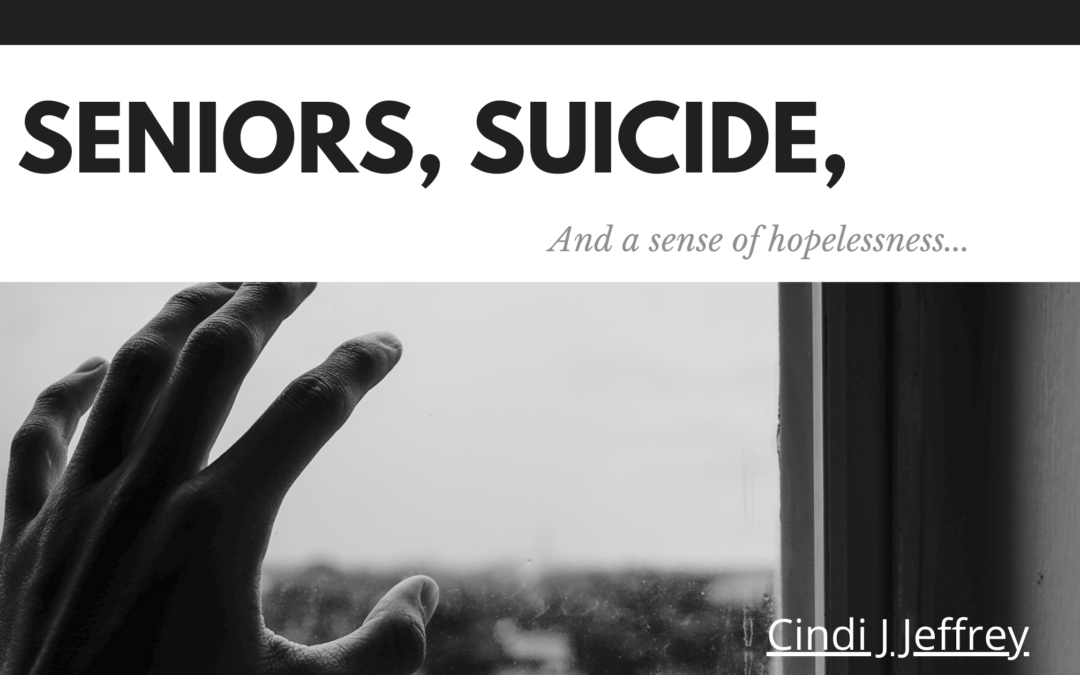
by Cindi j Jeffrey | Jul 31, 2020 | Depression, Faith, grief, mental health, Relationships, self-care, Suicide
Seniors and suicide
According to the American Association of Marriage and Family Therapy, “seniors make up 12% of our population but are 18% of all suicide deaths”. This study was created pre-covid. And while the statistics are yet to be available, I would expect these numbers will rise drastically as our oldest community members continue to live in isolation.
In the state of Nebraska, suicide is the 7th leading cause of death for ages 55-64 and the 18th leading cause of death for those over 65 (Suicide Facts and Figures, Nebraska 2020). Additionally, Census.gov reports that 14% of Nebraska residents are seniors and 30% of them are living alone. That leaves a high percentage of that 70% residing in long term care or assisted living facilities. And due to Covid 19, the majority of those facilities are on lockdown.
What Lockdown Looks like
If you have ever been to a senior community, you know that community is the key word. We expect a sense of community, interaction and activity. Now due to Covid 19, you are often met with a stifling silence. The new normal upon entering a facility is:
- Document on a questionnaire your current symptoms.
- Take your temperature and record it.
- Don a mask.
And this is just for those who are able to enter. Since March of 2020, essential workers are the only people who are permitted into these facilities.
Staff suffers too
I’ll be honest as my heart hurts for the administrators and staff. They are in these positions out of true love and respect for the people they work. They are taking this personally and are going above and beyond to be more on on the floor and interacting with the residents.
However, that doesn’t take the place of family visitation. In many cases, our seniors are quarantined in their rooms, looking at the same four walls daily. Visitation with family is done through a window, each placing their hands on the respective side while hiding the tears that are forming. Phone calls have taken the place of physically hearing a loved one’s voice. And hugs are no longer allowed.
During quarantine communal meals have been deemed unsafe, so they miss their dinner companions. There are no more Bingo tournaments or community sing alongs. They can’t meet a friend and work on a puzzle together, nor can they do group crafts. The lack of connecting with others can lead a normally “emotionally healthy” person into situational depression.
What Depression Looks like
Depression looks differently in an aging loved one. As many of our seniors also suffer from memory loss and/or dementia, they truly have no understanding of their current situation. This creates additional stressors on both the individual resident and the staff.
A person who once enjoyed activities may now show no interest in t hose activities. They may refuse to color, put together a puzzle or or even participate in physical therapy. Their appetite begins to decline and there is little interest in a favored dessert. A once smiling person may become tearful and express a loss of hope and/or a desire to not go on.
While they may not have a plan to end their life, their overall hopelessness has taken over any shred of their current situation changing. As the time slips by, so does their physical and emotional strength. They present as angry, withdrawn, and are failing to thrive.
What you can do
Realize the effect that Covid 19 is having on this lost population.
- Recognize a change in bevior in a loved one and report it to their respective caregivers. Don’t minimize the overall impact of this pandemic.
- Be honest when talking with your family member and acknowledge how hard this is. Often we try to protect or fragile family members and they may misinterpret your apathy as a disregard for their situation.
- Make an effort to communicate. Make the call, send the letter or the text. Let them know you are thinking of them.
- Send them a care package of their favorite items. Many who are used to doing their own shopping are now unable to do so and are missing having the things they love around them.
- Send notes, cards and drawing to a local facility and let them know the outside world cares.
Recognize that your loved one is grieving. They are grieving the life they once lived. Yes, it is hard to be around them when they are feeling so hopeless. This is about providing hope in an unprecedented time to someone who desperately needs a thread of hope to cling to. And for the unknown future, this is our new normal.
Thoughts? Share with us your experiences with this situation. Email me at:cindijjeffrey@gmail.com.













